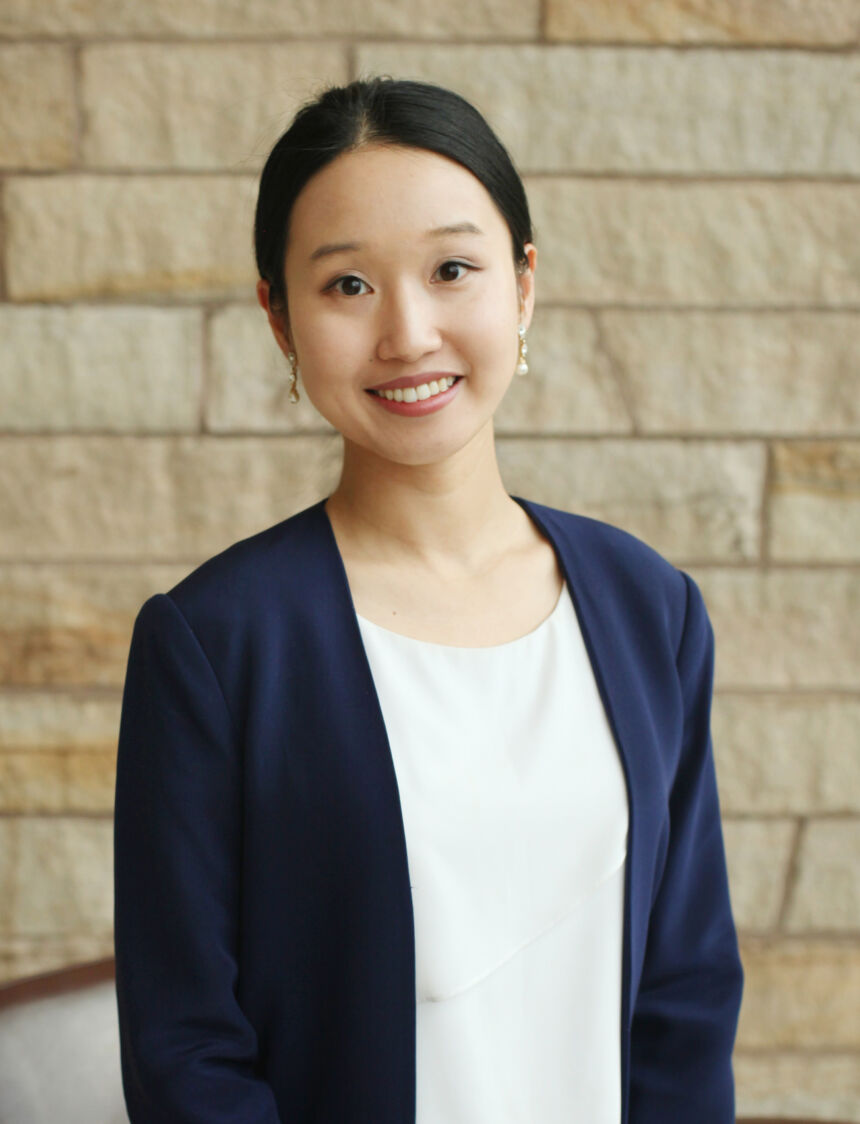November 14, 2022
School of International Affairs professor aids in DOE climate change project
UNIVERSITY PARK, Pa. – Dr. Wei Peng, assistant professor of international affairs at Penn State School of International Affairs, is involved in a project focused on climate change in Baltimore. Penn State, along with other institutions, are part of the $66 million project from the U.S. Department of Energy Urban Integrated Field (Urban IFL) Program.

UNIVERSITY PARK, Pa. – Dr. Wei Peng, assistant professor of international affairs at Penn State School of International Affairs, is involved in a project focused on climate change in Baltimore. Penn State, along with other institutions, are part of the $66 million project from the U.S. Department of Energy Urban Integrated Field (Urban IFL) Program. The program aims to have more accurate methods to predict how climate change will affect cities and find solutions to reduce those affects in Baltimore, Austin, and Chicago. Kenneth Davis, professor of atmospheric and climate science at Penn State, will be the Penn State principal investigator of the project.
Peng said, “My role is to co-lead the air quality workstream with Dr. Pete DeCarlo at Johns Hopkins, which is one of the main workstreams of this project. We will examine how energy, climate, and air pollution actions in Baltimore and surrounding regions might affect the outdoor and indoor air pollution, especially for the disadvantaged communities.
Here we will combine both observational and modeling approaches to study pollution issues. We plan to deploy new sensors and devices to monitor pollution concentrations. This will help us understand the spatial distribution of air pollution within the city and the exposure disparities across different sociodemographic groups.
Using these observational data, we hope to improve the numerical modeling for indoor and outdoor air quality. These improved models can further be used to assess the potential benefits of future actions, such as more electric cars and energy-efficient buildings."
This interdisciplinary project includes experts in various areas like engineering, the environment, and architecture. According to Penn State News, Penn State’s involvement in this project includes 21 faculty members across seven different colleges. Peng said, “Many PSU colleagues have a shared vision to work on this—there are 21 Penn State faculty members on this project. The level of interest and commitment is just amazing.”
Those working on this project will look at the different ways that climate change can affect those who live in major cities. They will analyze the diverse demographics of the city and look at how climate change can impact their homes, work, and environment. With this data, they can find ways to make a more resilient infrastructure.
Vice Admiral (Ret.) James W. Houck, interim dean of Penn State Law and the School of International Affairs, said, “Wei Peng’s collaboration with this project will help people to better understand the risks of climate change in urban areas. We’re proud to have Wei Peng representing the Penn State School of International Affairs.”
Johns Hopkins University is leading the study on Baltimore through the Baltimore Social Environmental Collaborative (BSEC), an integrated field laboratory dedicated to urban research. Penn State News reports that Morgan State University, University of Maryland Baltimore County, University of Virginia, Drexel University, City University of New York, Cary Institute of Ecosystem Studies, National Renewable Energy Lab, and Oak Ridge National Lab are also contributing to the research at BSEC.
“This is the largest and most diverse project I have ever participated in. I am excited about interdisciplinary learning and collaboration that will be developed through this project. In addition, this project is highly decision-relevant, targeting how Baltimore can address climate, health, and equity challenges in the coming decades. Our team is looking forward to turning our research expertise into actionable solutions on the ground,” said Peng.
